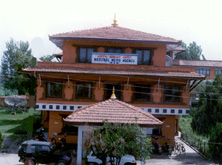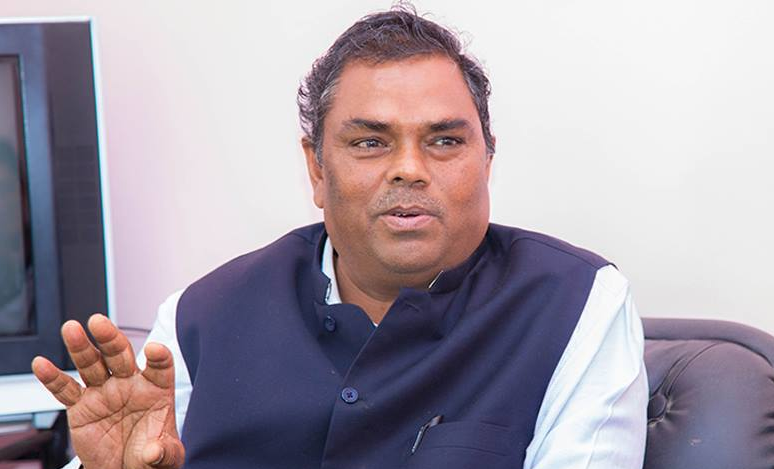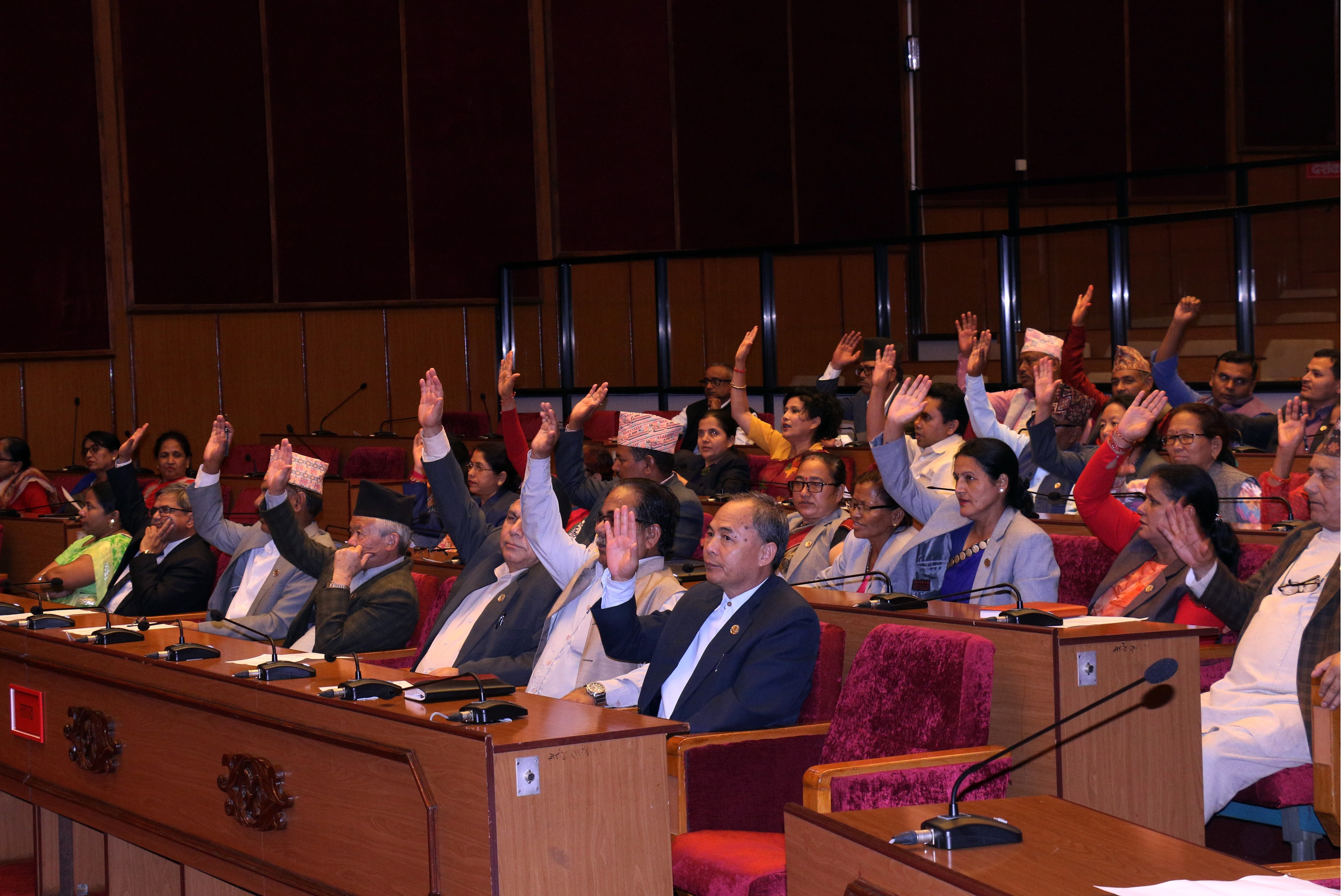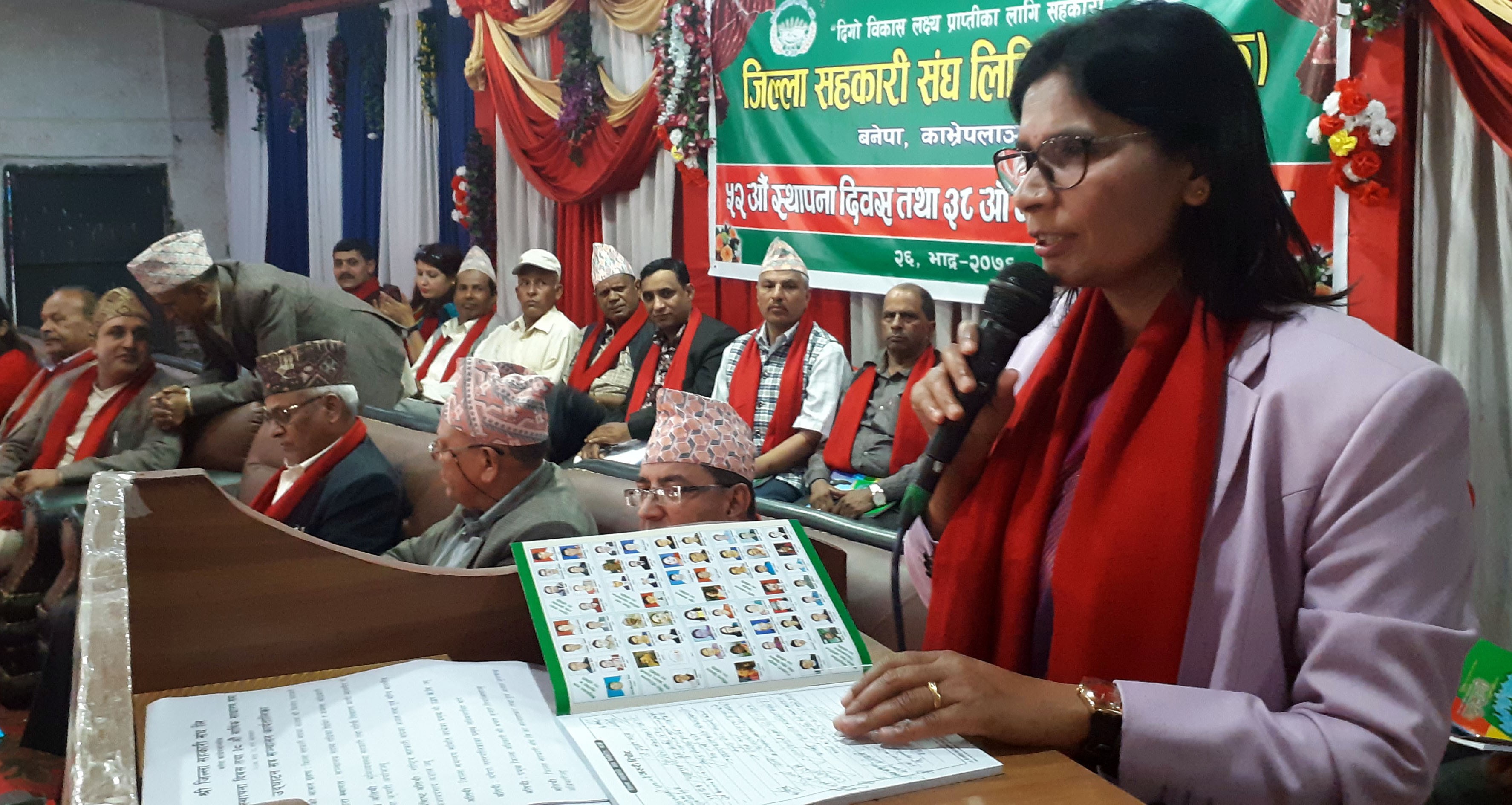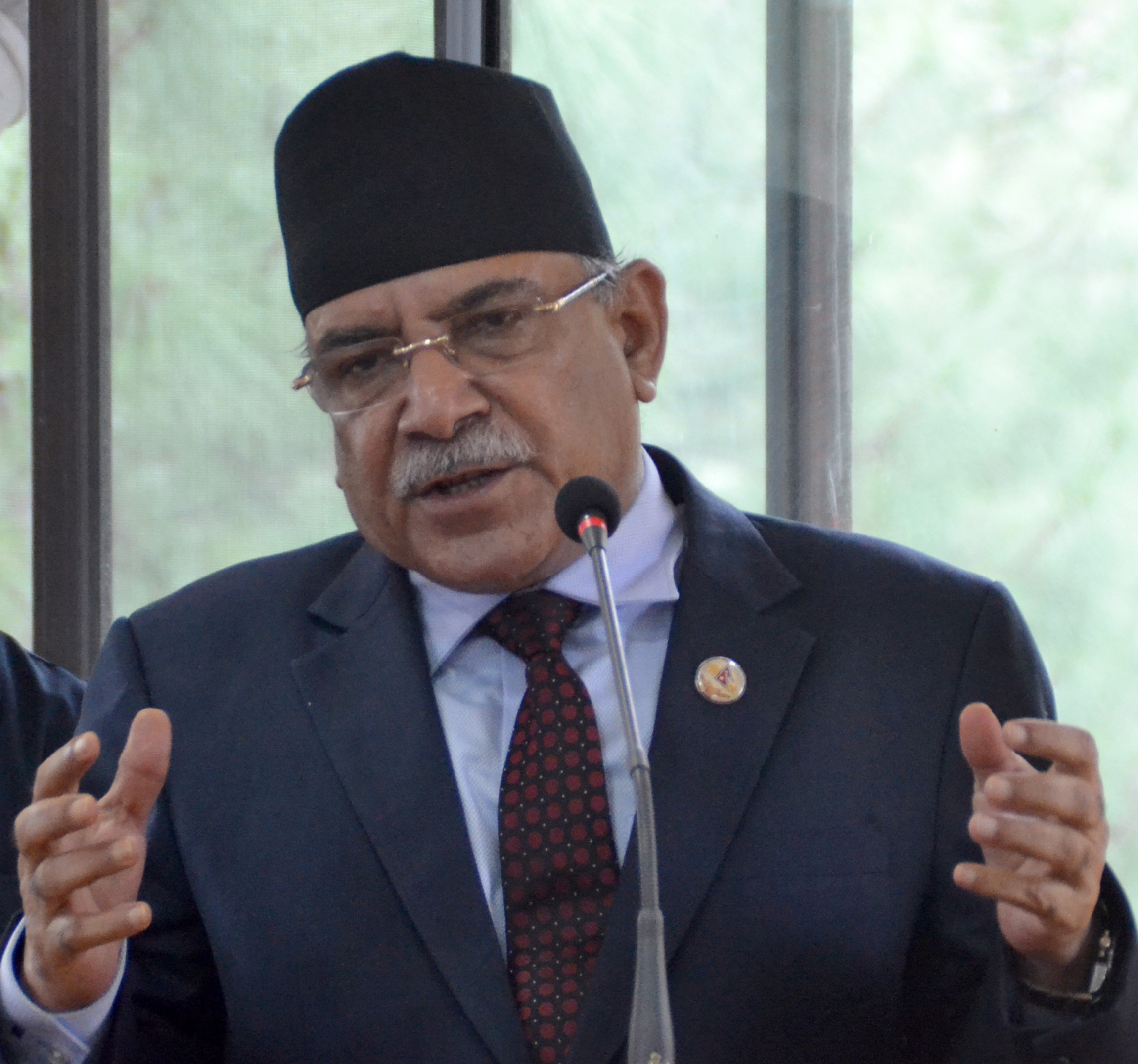Nepal drops in international rating on central government budget transparency

Krishna Sapkota: Nepal's score on budget transparency has dropped in the 2019 round of biennial Open Budget Survey (OBS) – the research instrument using internationally accepted criteria to assess public access to central government budget information, formal opportunities for the public to participate in the national budget process; and the role of budget oversight institutions such as the legislature and auditor in the budget process.
"Nepal secured a budget transparency score of 41 out of 100 in 2019 round survey which is 11 point decline in comparison to the 2017. The country scored 22 on public participation in budgetary process while it is 48 on budget oversight front", reveals the OBS-2019 summary report submitted to the Ministry of Finance. With this Nepal's ranking stands at 68 out of 117 countries assessed in the survey, the world's only independent, comparative and fact-based research instrument.
According to the OBS-2019 global report virtually launched on May 1, the global average transparency score was 45 out of 100, short of the 61 considered the minimum threshold to foster an informed public debate. Budget transparency is assessed in the OBS by the public availability and contents of eight key budget documents that all governments are expected to publish as per international standards. Specifically, the survey examines whether they are published online in a timely manner and the information is comprehensive.
Public participation is assessed based on formal opportunities for civic organizations and individuals to engage and provide input throughout the budget process. The average global score for public participation is dismal: 14 out of 100.
Oversights are measured based on the role played by legislatures and supreme audit institutions (SAIs) in the budget process. A score of 61 out of 100 is considered adequate oversight.
According to the OBS-2019 report, South Asian Countries as Afghanistan has budget transparency score (50), India (49), Sri Lanka (47), Bangladesh (36) and Pakistan (28).
Amid a global pandemic that is forcing governments around the world to launch new spending measures, the International Budget Partnership (IBP)'s latest Open Budget Survey-2019, shows why there is reason for concern: four out of five of the 117 governments assessed failed to reach the minimum threshold for adequate budget transparency and oversight, under international standards, including Nepal. Worldwide, one-third of the eight key budget documents that governments should publish are not available to the public.
Nepal has decreased the availability of budget information by failing to publish key budget documents, mainly pre-budget statement (PBS) and Citizen Budget; In-Year Reports (Quarterly Economic Bulletins) online within three months of the end of the reporting period, part of the Year-End Report (Annual Progress Assessment Report-2017-18), that would clearly explain budget policies, decisions and outcomes, the summary report notes.
“While the pandemic clearly demands swift and decisive action, budget transparency, civic engagement and well-functioning oversight are imperative as well,” says Warren Krafchik, IBP’s executive director. “As governments respond to this massive public health emergency, budgets must remain open and transparent, and officials must allow inclusive public engagement during planning and implementation.”
As research by IBP and other organizations demonstrates, open budgets offer a promising pathway for countries to thrive socially and economically. They can restore trust in governments and minimize frayed relationships between public institutions and the people they are meant to serve. While the latest OBS was completed just before the pandemic hit, it provides a telling snapshot of current Nepal's practices related to budget disclosure, opportunities for public engagement in the budget cycle, and effective checks and balances.
While many governments are not meeting minimum international standards, there is good news indicating others are reaping the benefits of adopting more transparent, inclusive and participatory approaches to budget planning and implementation. Nepal can look to these examples as a way forward.
"Nepal government could quickly improve the situation by publishing the In-Year Reports (Quarterly Economic Bulletins) online in a timely manner; timely producing and publishing a Pre-Budget Statement and Citizens Budget online and including in Executive's Budget Proposal detailed information on composition of government debt and information on how its policies impact proposed revenues and expenditures", said Freedom Forum Executive Chief Taranath Dahal, who was one of the budget experts involved in undertaking the survey from Nepal.
Among other recommendations, according to the report, include publishing information in the Year-End Report with performance information and the comparison of estimates and actual outcomes of non-financial data on results; publishing detailed expenditure and revenue information as part of the Enacted Budget and presenting in the Mid-Year Review the updated expenditure projections for the remainder of the fiscal year as compared to the original budget.
The Executive’s Budget Proposal should be submitted to legislators at least two months before the start of the budget year; legislative committees should examine the Executive’s Budget Proposal and publish reports with their analysis online; a legislative committee should examine in-year budget implementation and publish reports with their findings online, the report adds. "In practice, ensure the legislature is consulted before the executive shifts funds between administrative units specified in the Enacted Budget during the budget year or reduces spending due to revenue shortfalls. A legislative committee should examine the Audit Report and publish a report with their findings online".
Engaging with vulnerable and underrepresented communities, directly or through civil society organizations representing them and establishing formal mechanisms for the public to contribute to relevant audit investigation are other measures recommended for improving Nepal's budget transparency.
IBP first launched the survey in 2006 with the goal of assuring that all citizens, especially those from underserved communities, have the opportunity to understand and influence how public money is raised and spent.
As per the OBS methodology, data are collected by independent civil-society budget experts who are not beholden to any national government. Their findings are reviewed by anonymous peers, and representatives from the assessed governments are offered the opportunity to review and comment on the findings, the report clarifies.
The report's recommendations are expected to help government bring reforms in budgetary policies and processes when the statutory date (mid-May) for presenting federal budget at the parliament is coming closer.
Only documents published and events, activities or developments that took place through 31 December 2018 were assessed in OBS.
Recent News

Do not make expressions casting dout on election: EC
14 Apr, 2022
CM Bhatta says may New Year 2079 BS inspire positive thinking
14 Apr, 2022
Three new cases, 44 recoveries in 24 hours
14 Apr, 2022
689 climbers of 84 teams so far acquire permits for climbing various peaks this spring season
14 Apr, 2022
How the rising cost of living crisis is impacting Nepal
14 Apr, 2022
US military confirms an interstellar meteor collided with Earth
14 Apr, 2022
Valneva Covid vaccine approved for use in UK
14 Apr, 2022
Chair Prachanda highlights need of unity among Maoist, Communist forces
14 Apr, 2022
Ranbir Kapoor and Alia Bhatt: Bollywood toasts star couple on wedding
14 Apr, 2022
President Bhandari confers decorations (Photo Feature)
14 Apr, 2022
